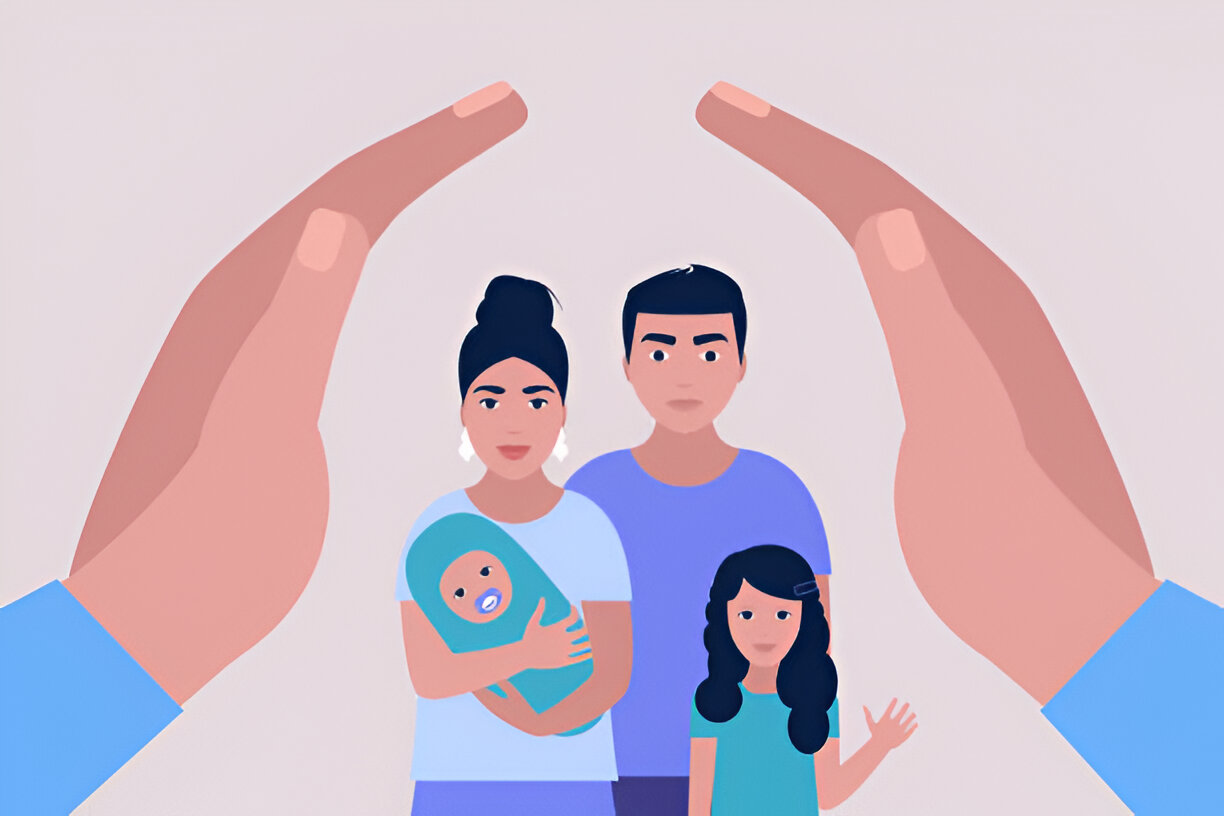The District Early Intervention Centres (DEICs) are a crucial component of the Rashtriya Bal Swasthya Karyakram (RBSK), a national initiative focused on improving child health and development in India. These centers aim to provide comprehensive, integrated services for children from birth to 6 years who are at risk of developmental delays or disabilities. By establishing DEICs at the district level, the government is taking a significant step towards ensuring that all children have access to early intervention services that can significantly impact their lives.
Objectives of the District Early Intervention Centres (DEICs)
The primary objectives of DEICs are:
-
Referral Support: To provide referral support to children identified with health conditions during health screenings.
-
Early Detection and Intervention: To detect developmental delays and disabilities early, enabling timely intervention and minimizing long-term impact.
-
Integrated Services: To offer a range of integrated services, including medical, dental, therapeutic, and psychological support, all under one roof.
-
Support for Families: To provide guidance and counseling to parents and caregivers on how to support their children’s development.
-
Linkages: To establish linkages with tertiary care facilities and rehabilitation centers for more specialized care.
Target Beneficiaries
DEICs primarily focus on children up to 6 years of age who are:
-
At risk of developmental delays or disabilities.
-
Identified with defects at birth, deficiencies, or diseases.
-
Referred from Sick Newborn Care Units (SNCUs).
-
Identified through community screenings.
Services Offered at DEICs
DEICs provide a range of services, including:
-
Medical Services: Diagnostic and evaluation services, as well as treatment for diseases and deficiencies.
-
Dental Services: Addressing problems of teeth, gums, and oral hygiene.
-
Occupational Therapy: Services that relate to self-help skills, adaptive behavior, and sensory, motor, and postural development.
-
Physical Therapy: Services to prevent or lessen movement difficulties and related functional problems.
-
Psychological Services: Administering and interpreting psychological tests, and providing counseling, consultation, and parent training.
-
Audiology: Identifying and providing services for children with hearing loss.
-
Speech-Language Pathology: Addressing delays in communication and motor skills related to speech.
-
Vision Services: Identifying visual disorders and providing training.
-
Lab Services: Routine blood investigations and specialized tests for conditions like congenital hypothyroidism and thalassemia.
-
Retinopathy of Prematurity (ROP) Services: Screening and treatment for vision problems in premature infants.
-
Special Instruction: Designing learning environments and activities to promote child development.
-
Transportation and Related Costs: Providing or reimbursing costs for referral to tertiary facilities.
-
Service Coordination: Ensuring seamless coordination of services.
Staffing at DEICs
DEICs are staffed by a multidisciplinary team, including:
-
Pediatrician
-
Medical Officer
-
Dentist
-
Physiotherapist/Occupational Therapist
-
Clinical Psychologist
-
Audiologist & Speech Therapist
-
Optometrist
-
Early Interventionist cum Special Educator cum Social Worker
-
Lab Technician
-
Dental Technician
-
Manager
-
Data Entry Operator
-
Genetic Counselor
-
Nutritionist
Operational Structure
-
Referral Pathways: Children are referred to DEICs from SNCUs, primary healthcare centers, community screenings, and self-referrals.
-
Assessment: Children undergo a comprehensive assessment, including anthropometric measurements, case history recording, and clinical examinations.
-
Intervention: Based on the assessment, children receive domain-specific interventions and therapies.
-
Follow-Up: DEICs maintain records, track progress, and provide ongoing support to children and their families.
Monitoring and Evaluation
The DEIC framework includes mechanisms for monitoring and evaluation to ensure the quality and effectiveness of services. This includes:
-
Regular record-keeping and reporting.
-
Tracking of progress and outcomes.
-
Coordination with other healthcare providers and stakeholders.
Financial Aspects
The funds for DEICs are provided under the National Health Mission (NHM), with management at the tertiary level at rates fixed by State Governments in consultation with the Ministry of Health and Family Welfare.
Conclusion
District Early Intervention Centres are a vital component of India’s commitment to early childhood development. By providing integrated services, early detection, and timely intervention, DEICs are helping children with developmental delays and disabilities reach their full potential and lead healthier, more fulfilling lives.




